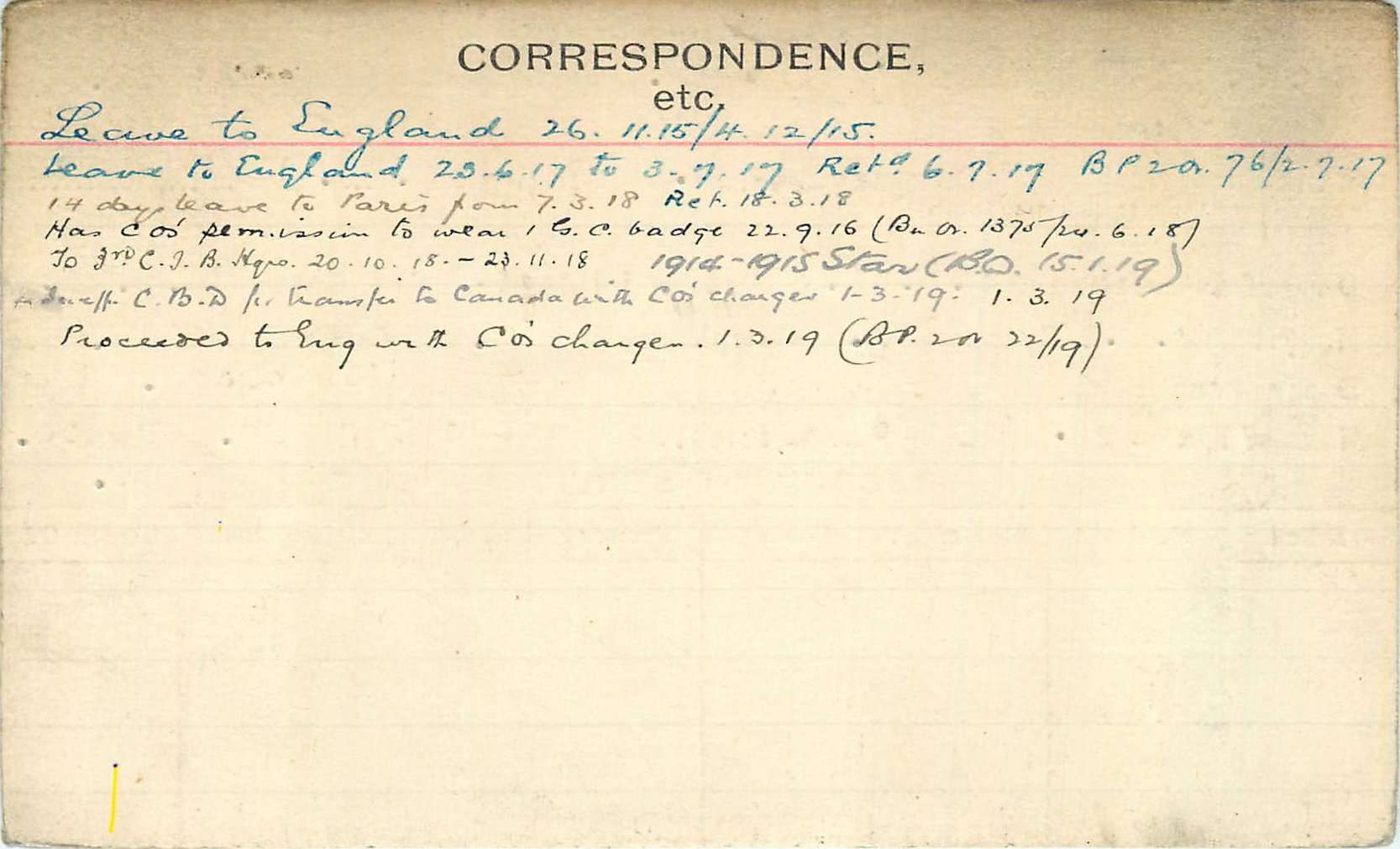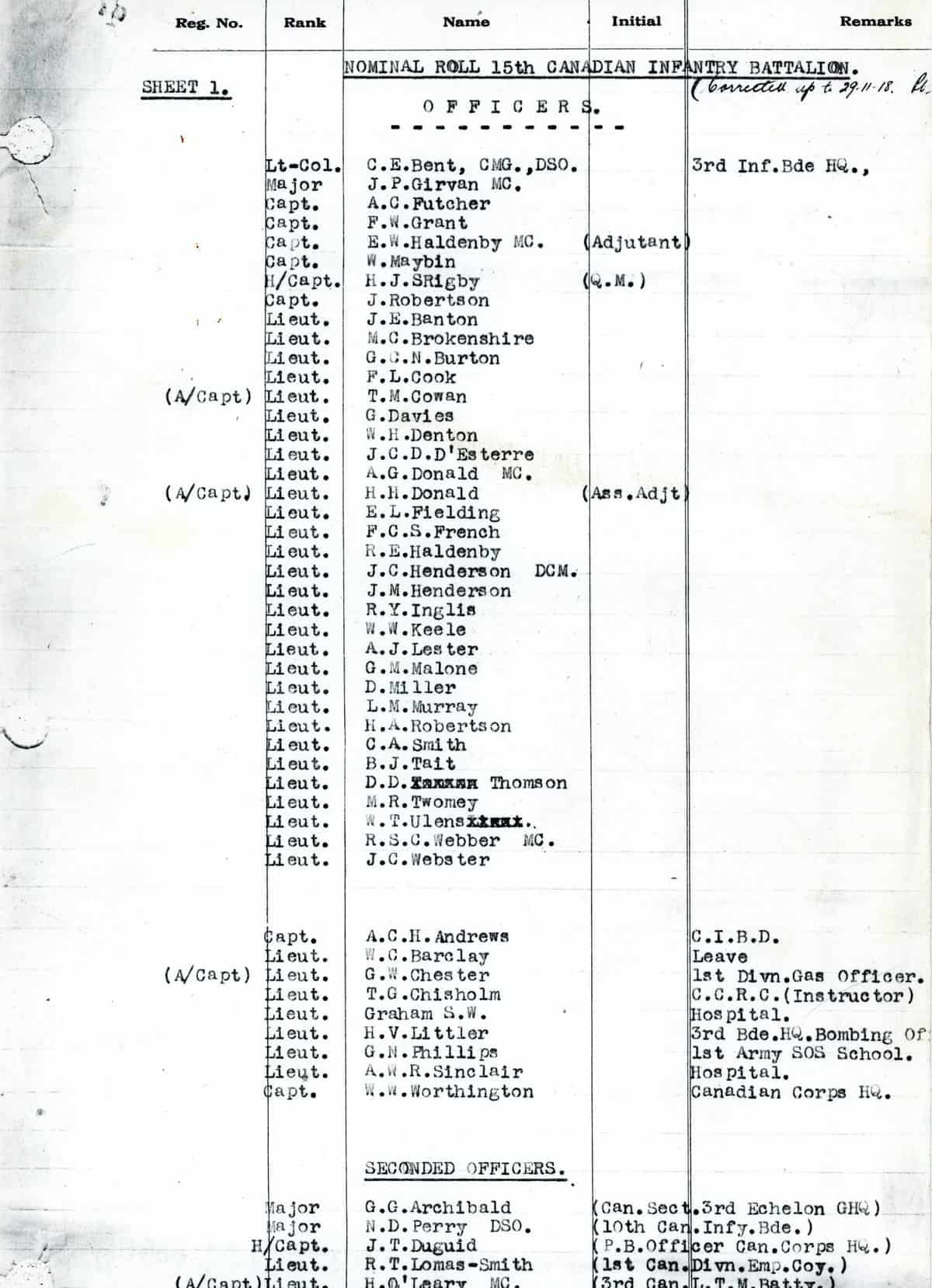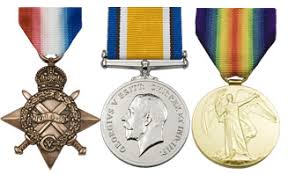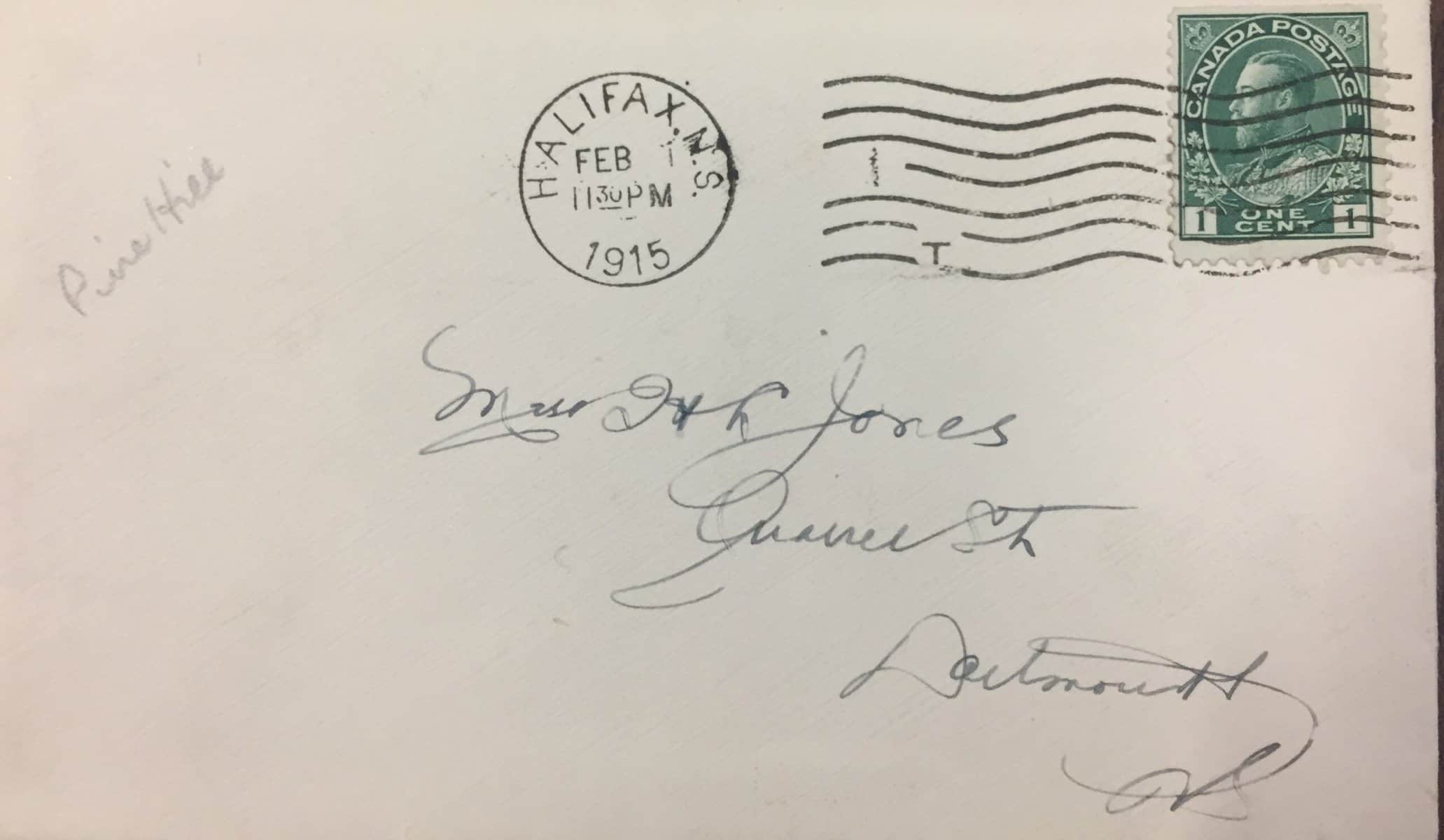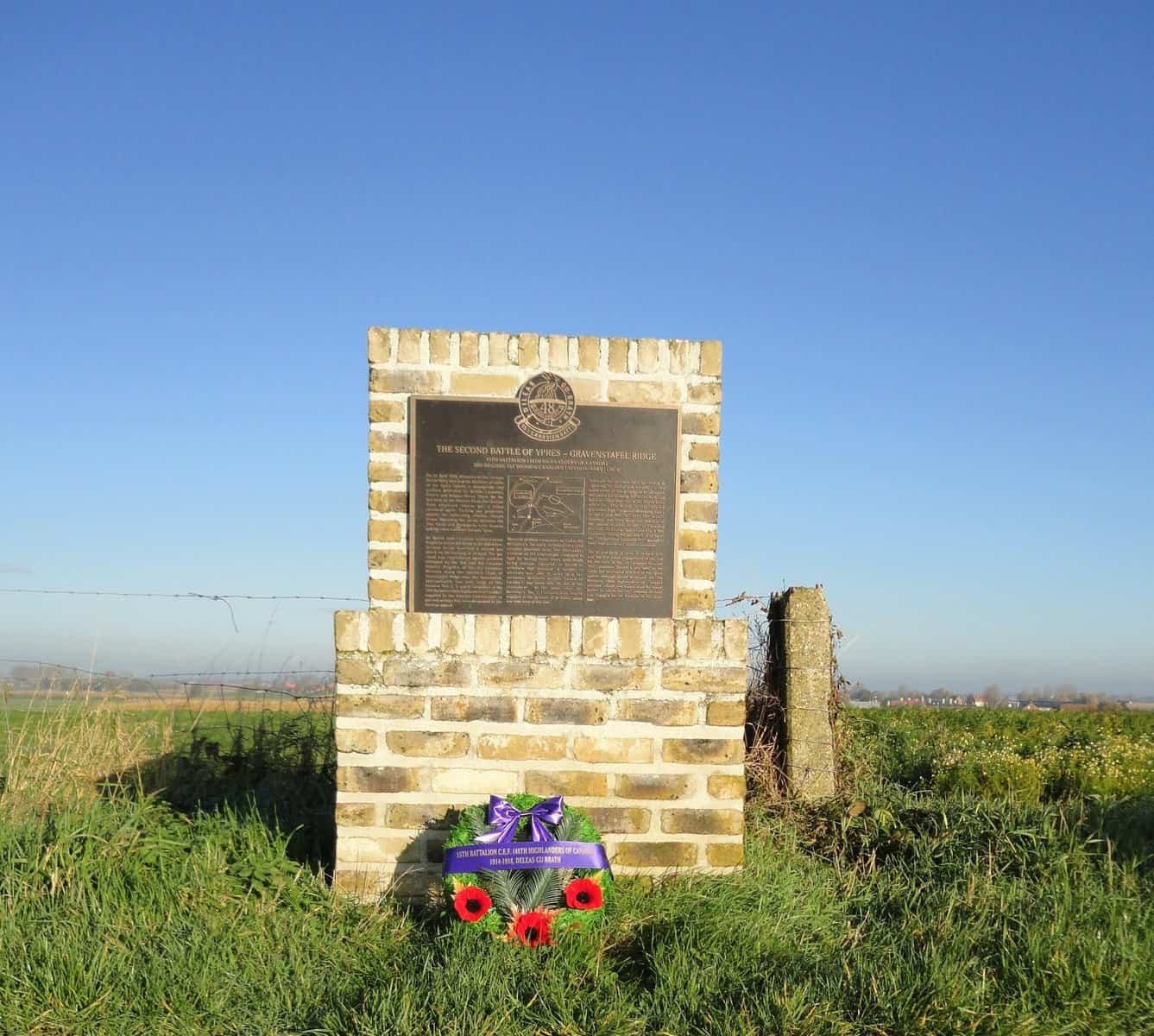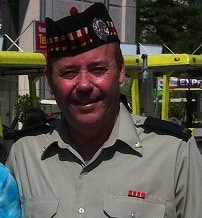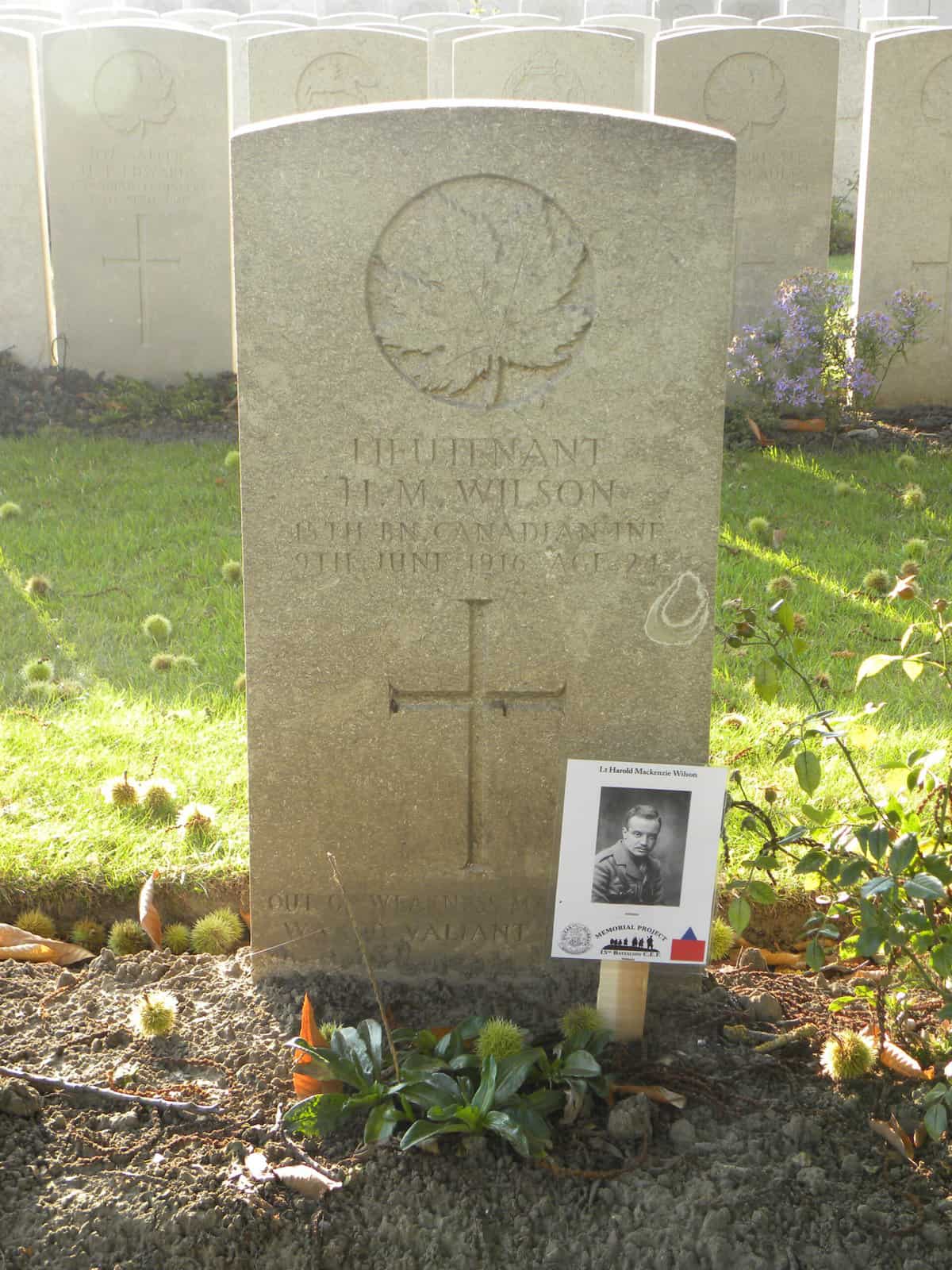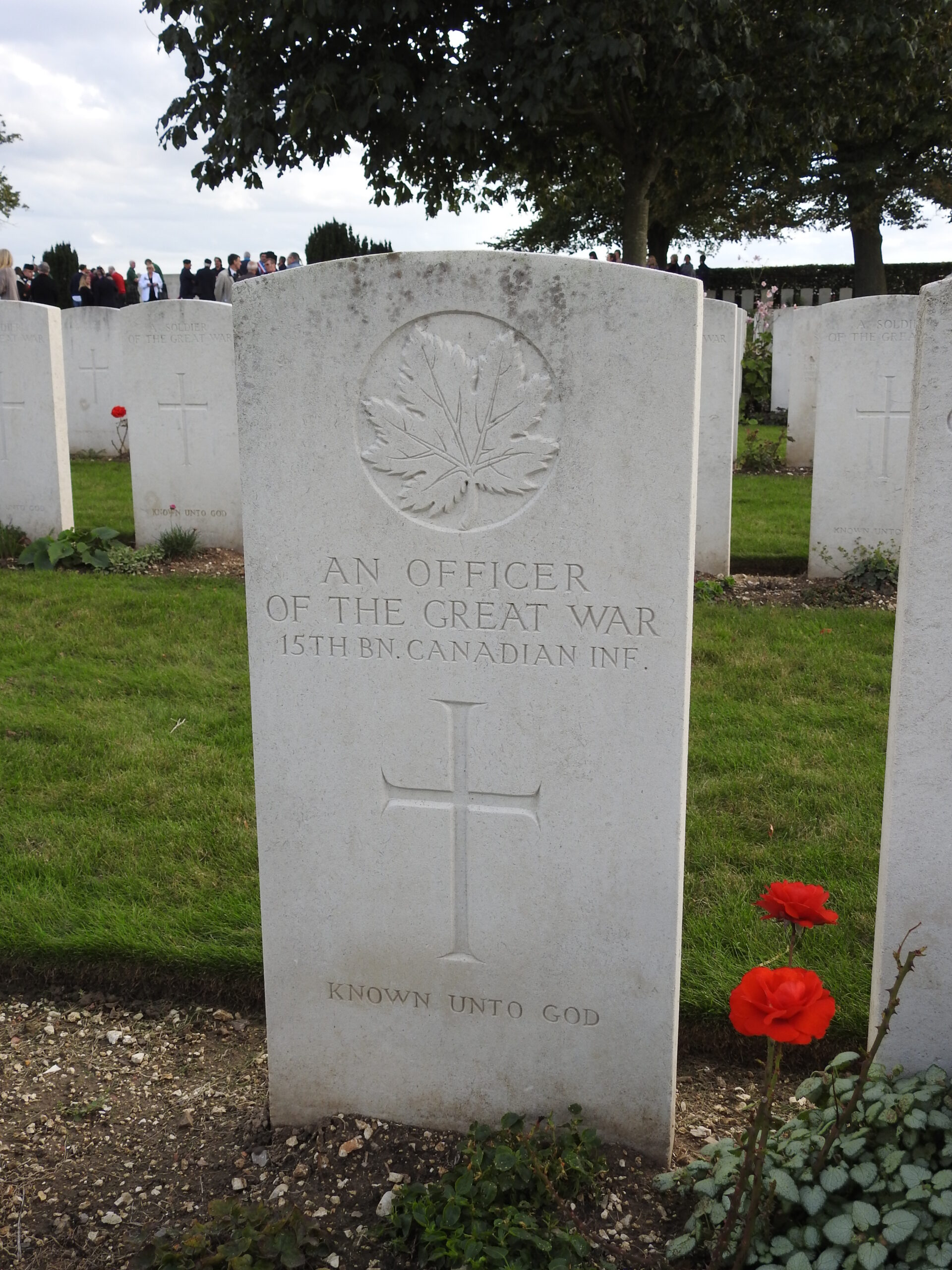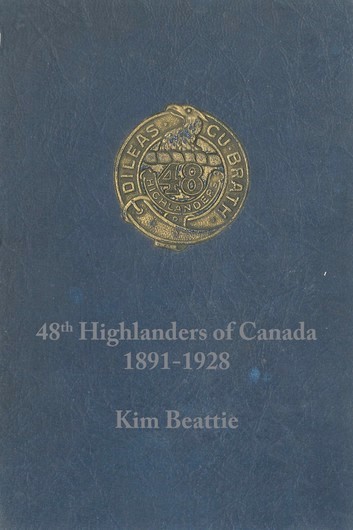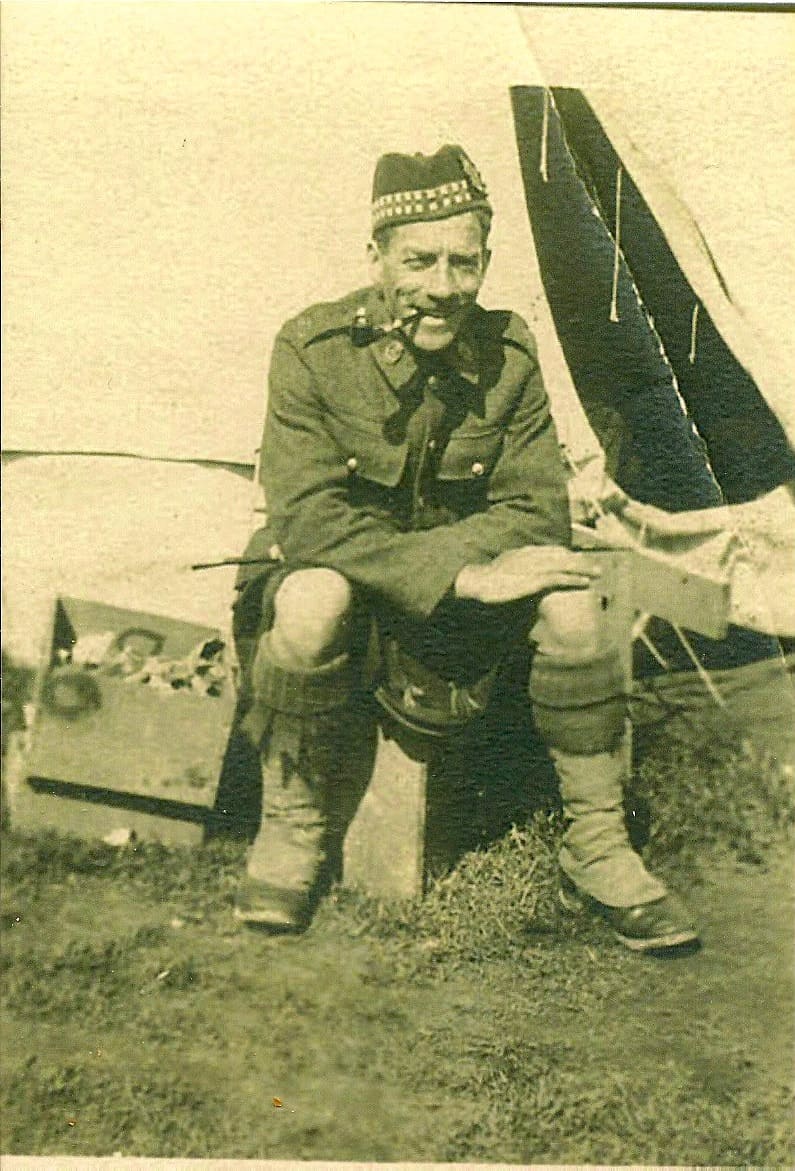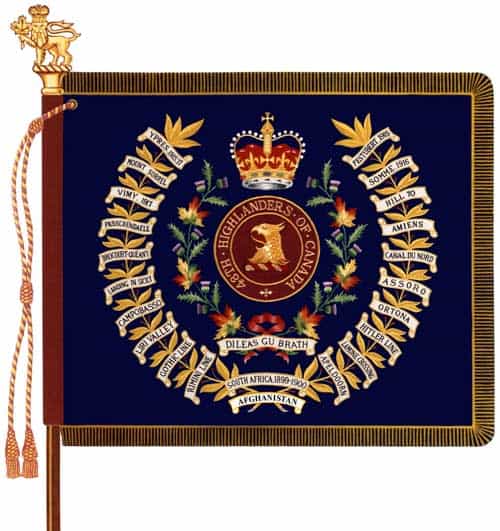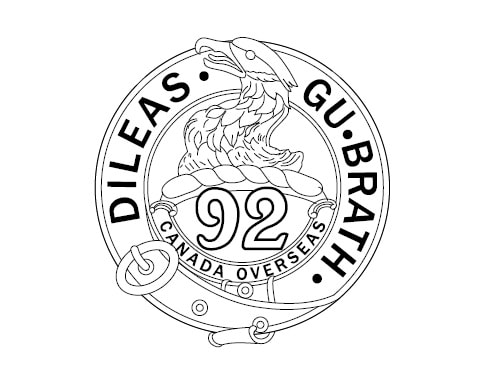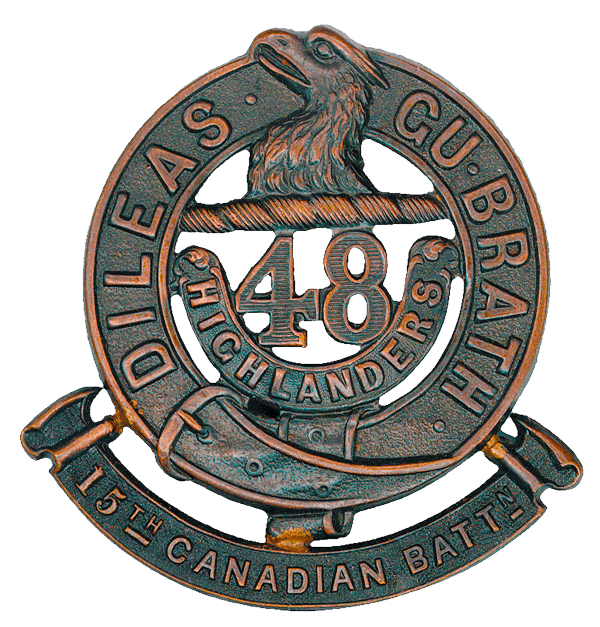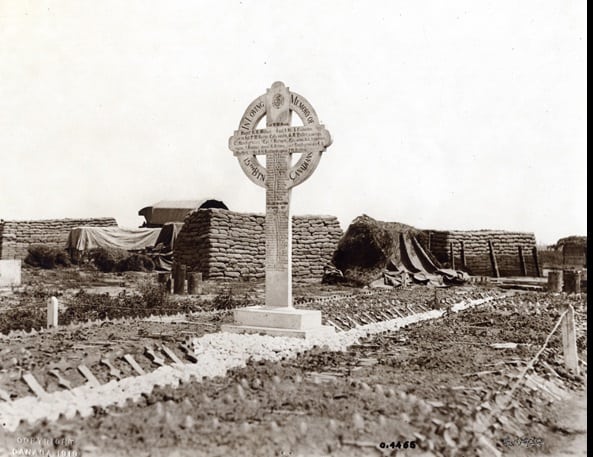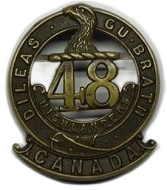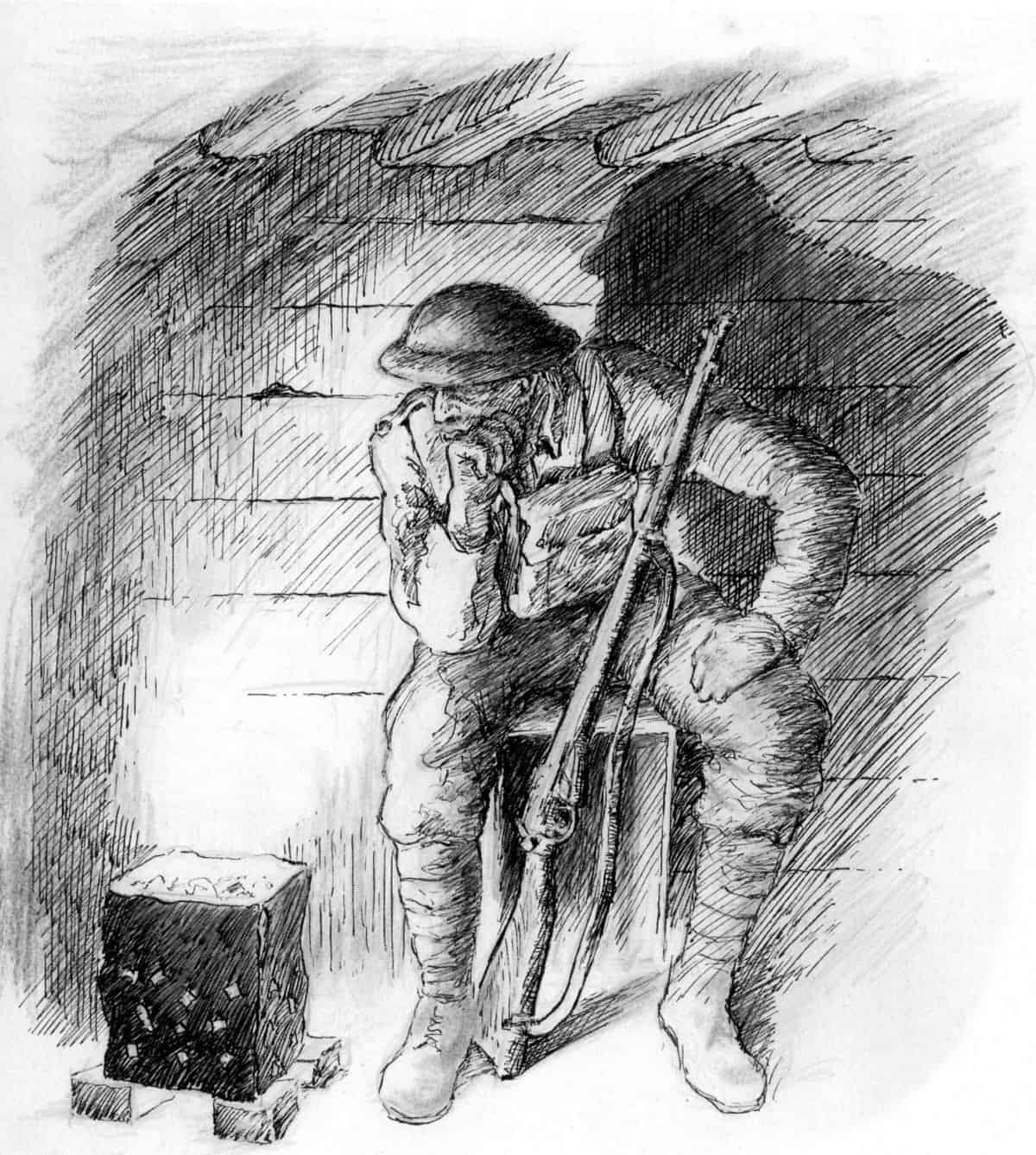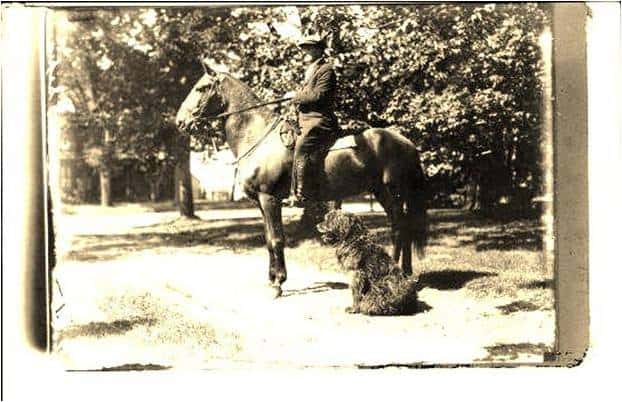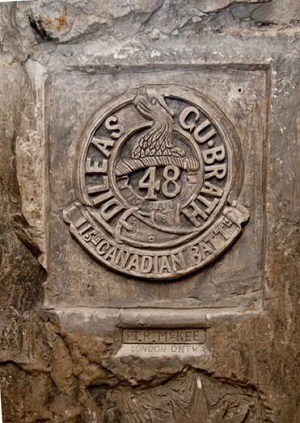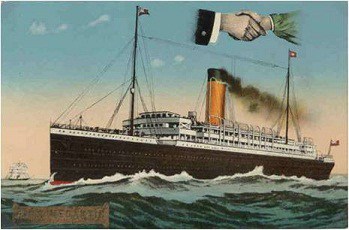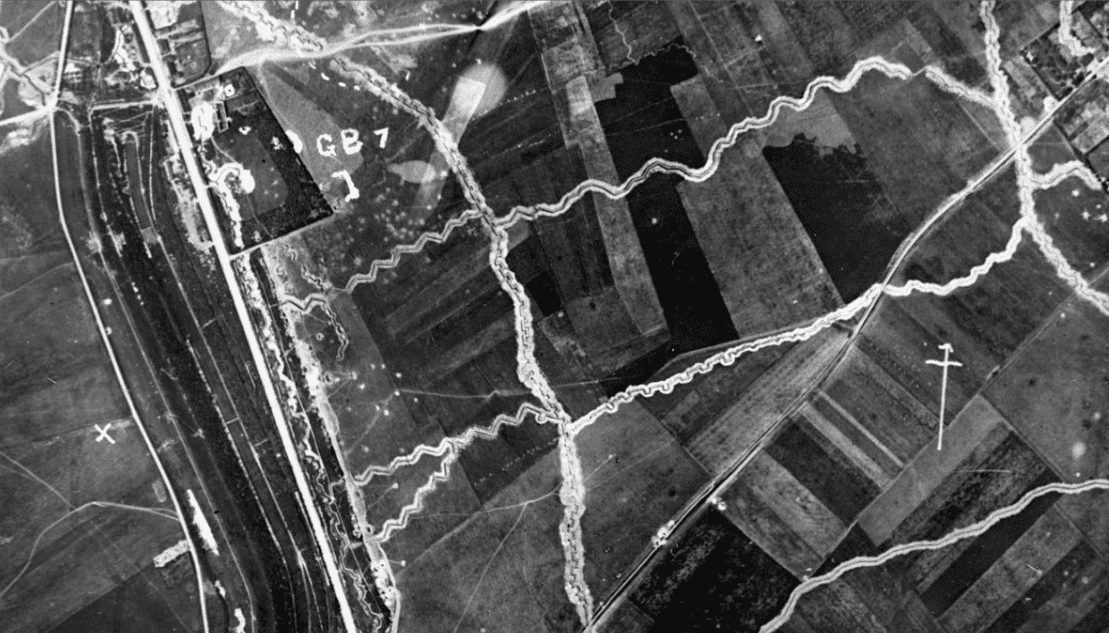St. Andrew’s Church, which saw one quarter of its parish sign up for WW1, commemorates the war’s 100th anniversary in Oct. 4 music program.
When St. Andrew’s Church tells the stories of the young men from its congregation who heeded the call for service in the First World War, one voice will stand out among the others.
Of the 166 men who enlisted — a quarter of the parish — Francis Malloch Gibson was one of the 28 who didn’t return.
The son of the lieutenant-governor of Ontario at the time, Gibson was a prolific letter writer who “wrote nearly every day to his mother, father and siblings,” says retired Brigadier-General Greg Young — including the day before he died.
Gibson’s letters will be read by an actor during a Saturday event titled Voices of War, Dreams of Peace at the Simcoe St. church in downtown Toronto. The wartime stories of both soldiers and families back home will be told through talks, dramatic readings and a big-screen projection of archival photos.
As St. Andrew’s began to plan events to mark the 100th anniversary of the start of the Great War, Young was instrumental in digging up letters and finding photos of Gibson.
Young formed the 15th Battalion Memorial Project to find photos, artifacts, uniforms and anything else that would throw light on how the war was experienced through the life of St. Andrew’s, which houses the museum of the battalion, a.k.a. the 48th Highlanders of Canada, in its basement.
“He was very prolific. . . . He was well-educated,” says Young of Gibson, who served in the 15th Battalion.
In his letter to his sister, Meta, Gibson writes, “When I get back, I think I’ll dig a traversed trench in the back yard and then turn the hose on it for an hour, and then I’ll be quite at home.” The battalion was in Belgium at the time.
Classical music expert Rick Phillips will set the cultural and musical scene of 1914 with actors Florence MacGregor and Kirk Dunn reading letters from soldiers, their families and church members.
Singers Allison Angelo and Geoffrey Sirett will sing songs of the era including “It’s a Long Way to Tipperary,” “Keep the Home Fires Burning” and “Alexander’s Ragtime Band.”
Angelo discovered she had a connection to the war stories that she’d never known before.
One of the stories unearthed was that of Fritz, a horse taken as a prisoner of war and allowed to come to Canada with Lt.-Col Charles Bent. The Nova Scotia native got the dark bay from a captured German officer who had seized it from a Russian solder.
The project unearthed photos of Fritz on the field in 1919 and, later, being ridden by Bent at the soldier’s home in Nova Scotia. Bent’s uniform will be on display at the museum during the concert.
Painstaking research revealed that Angelo is a distant relation of Bent’s.
“A lot of my family came from the Annapolis Valley,” says Angelo, who has seen photos of the “gorgeous” horse.
The enormous casualties suffered in the First World War cast a shadow of melancholy over many songs from that time, she says. “There was an innocence about it, that this would be the last war. It’s sad because it wasn’t the end.”
“This is about lessons learned, it is not a glorification of war,” says choir member Elizabeth Forster. “Sixty thousand Canadians died in World War I. It was catastrophic.”


